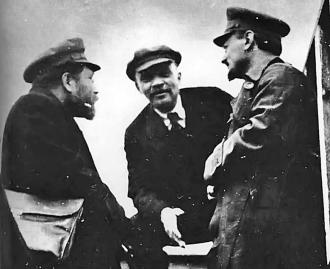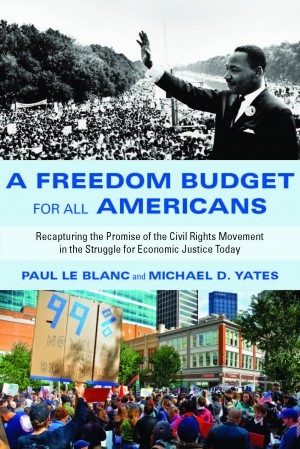Paul Le Blanc
Paul Le Blanc reviews Daniel Bensaïd's memoir, 'An Impatient Life'

An Impatient Life: A Memoir
Socialism and the workers' movement: comments on Lars Lih on the narrative of their merger

Lars Lih.
By Jonathan Strauss
Des secteurs révolutionnaires à Londres – « Marxism 2013 » et son contexte

[English at http://links.org.au/node/3451.]
Militant trotskyste aux Etats-Unis, historien marxiste renommé, l’auteur avait été invité à intervenir dans le cadre du cycle de conférences publiques, intitulé Marxism, que le SWP de Grande-Bretagne organise chaque année au début de l’été. C’est de cet événement et des échanges qu’il a eus à cette occasion, dans le contexte particulier de la crise que ce parti traverse en 2013, que Paul Le Blanc rend compte ici.
Comme il le rappelle dans son texte, l’auteur est désormais membre de l’ISO (International Socialist Organization, la principale formation de la gauche révolutionnaire aux Etats-Unis, exclue en 2001 de l’IST, le courant international du SWP britannique), alors qu’il provient et continue de se réclamer d’une tradition politique différente, celle de la section états-unienne de la IV° Internationale (l’ancien et défunt SWP de James P. Cannon et Joseph Hansen – à ne pas confondre avec son homonyme insulaire). -- Jean-Philippe Divès
Luke Cooper: Reply to Paul Le Blanc

This is a response to Paul Le Blanc's reply to Luke Coop
Getting our priorities straight: Paul Le Blanc responds to Luke Cooper

Flint sit-down strike (1936-1937).
Debating 'Leninism': a reply to Paul Le Blanc

Paul Le Blanc. Photo by Alex Bainbridge.


